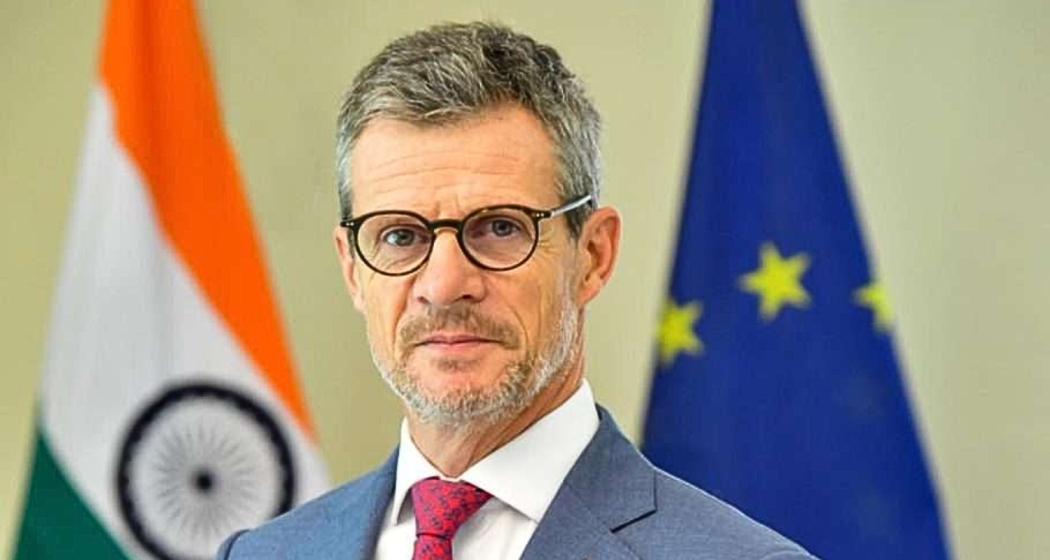Herve Delphin, Ambassador of the Delegation of the European Union to India, said on Saturday that a Free Trade Agreement (FTA) could unlock significant untapped potential in India-EU trade, creating investment and job opportunities across the country.
Addressing the second Annual General Meeting of the Federation of European Business in India (FEBI), Delphin noted that India already hosts a substantial European business footprint. According to a recent FEBI survey, over 6,000 European companies operate in India, generating more than three million jobs and contributing to Prime Minister Narendra Modi’s ‘Make in India’ vision.
“EU businesses perceive India as an attractive market, a market with challenges but also one that offers huge opportunities. While benefiting from these opportunities, EU companies also make substantial contributions to the Indian economy. They create jobs, invest, manufacture and innovate in India. In short, they ‘Make in India’,” Delphin said.
The European Union remains India’s largest trading partner, with goods trade reaching EUR 120 billion, surpassing both the United States and China. Including services, bilateral trade touched EUR 180 billion. Despite these figures, Delphin highlighted the “huge untapped potential,” noting that both India and the EU are among the world’s largest economies.
To realise this potential, he said, “EU and India are negotiating the FTA.” With the 14th round of talks scheduled to begin on October 6 in Brussels, the EU expects the agreement to significantly boost investment flows and strengthen supply chain cooperation. “With an FTA, it could be much bigger. Eighty per cent of EU firms said they would scale up investment and jobs in India,” Delphin added.
President Ursula von der Leyen and Prime Minister Narendra Modi have set a target to conclude the deal by the end of 2025. Alongside the FTA, negotiations on an Investment Protection Agreement are underway to ensure a secure and predictable environment for investors, safeguarding the right of states to regulate while providing clarity for businesses.
The EU has also unveiled a new Strategic Agenda with India linking prosperity, sustainability, technology, defence and mobility. Proposals include innovation hubs, Blue Valleys for value chains, a TTC 2.0 on critical supply chains, and a gateway office to ease ICT worker mobility.
Delphin observed that India’s growth story remains central to Europe’s economic vision. “FEBI and the whole community of European business in India are part of India’s growth story as well as of the EU-India partnership.” He added that India marking Navratri this week is an “auspicious sign” for a stronger bilateral partnership.
